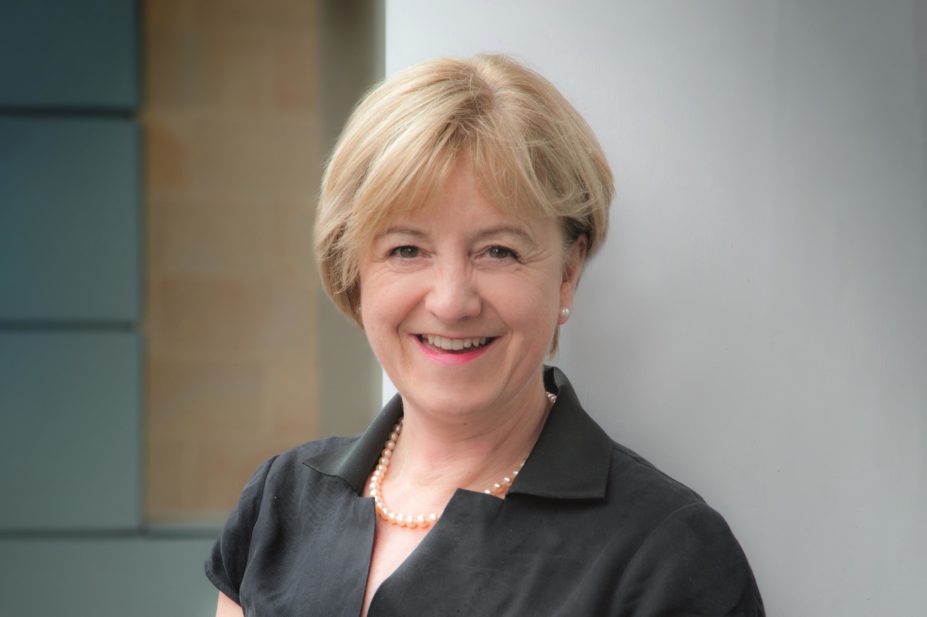
Royal Pharmaceutical Society
The Scottish Conservative party has proposed the introduction of 24-hour pharmacy services as part of a five-point plan for pharmacies.
Its proposals suggest that a round-the-clock service should be “explored” starting with a 24-hour independent prescriber pharmacy service operating as part of NHS24, the Scottish online and telephone advice service.
The plan says there are very few pharmacies open after 8pm in Scotland, and it says an “independent prescriber pharmacists service should be utilised to provide services within areas of competence to support out of hours’ service provision to patients”.
But the Royal Pharmaceutical Society (RPS) in Scotland has urged the Conservative Party to “be cautious” about recommending routine 24-hour pharmacy services.
“We are very supportive of having more independent pharmacist prescribers in the community and warmly welcome the Scottish Conservatives support for community pharmacists having access to health records, but we would be cautious about establishing 24-hour provision without evidence to support this,” said Aileen Bryson, deputy director of the RPS in Scotland.
Matt Barclay, director of operations at Community Pharmacy Scotland (CPS), said that, in practice, 24-hour pharmacy services would be “challenging”.
“It is about tailoring the pharmacies in terms of provision to the need under the current model, including the out-of-hours provision currently provided by the network. But any extension of provision would need to be done carefully and in conjunction with evidenced need,” he said.
The Conservative Party is currently the biggest of the four opposition parties in the Scottish Parliament with 31 MSPs.
Other recommendations in its plan are for community pharmacists to be given access to appropriate patient records; for pharmacists to be given the opportunity to become trained prescribers; and to allow more common ailments to be treated in pharmacies. It also calls for pharmacists to lead medicines reviews for patients and for a workforce plan for pharmacy to be developed to allow for increased clinical roles in pharmacy clinics, GP surgeries, care homes and hospitals.
Barclay said that, despite its concerns, CPS was pleased that community pharmacy had once again been recognised as a positive contributor to the health of the population in NHS Scotland.
But he warned that fulfilling the plan’s recommendations would require resource and that CPS would be working with Scottish government officials to ensure community pharmacy continued to be supported and developed strategically within the primary care landscape.
Bryson said the Scottish Conservatives had been working closely with the RPS in Scotland to develop its policy.
“We are pleased to see that many of our recommendations have been brought forward,” she said.
“Implementation of these policies would use the unique expertise of pharmacists to improve patient access to advice and treatment — it would mean people would see the right health professional at the right time and reduce unnecessary GP appointments both during the week and at weekends.”


